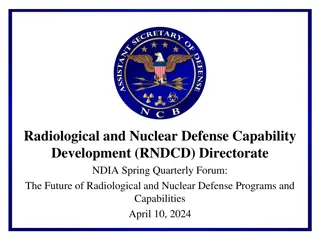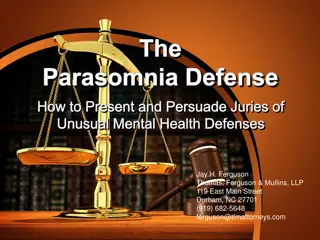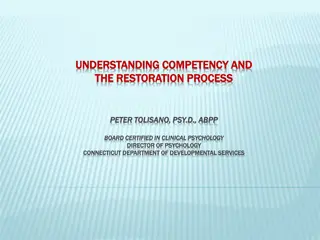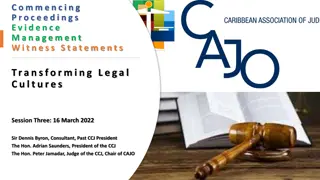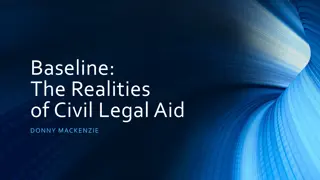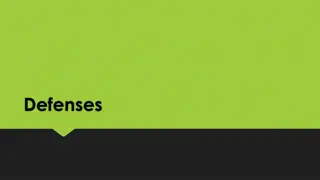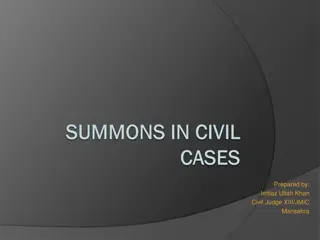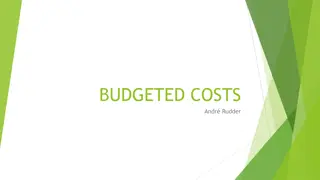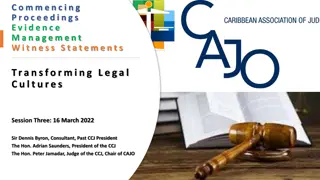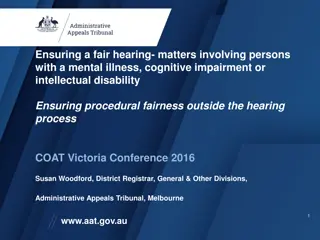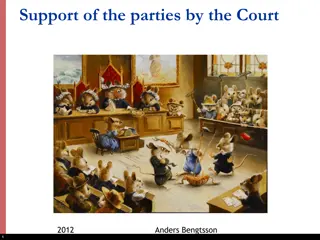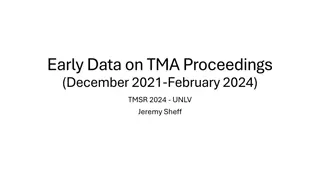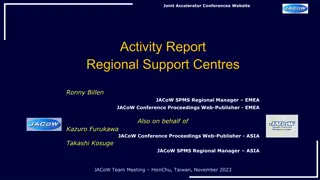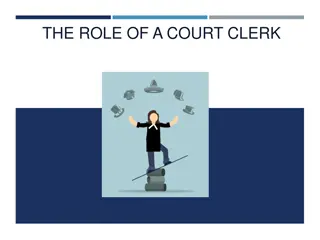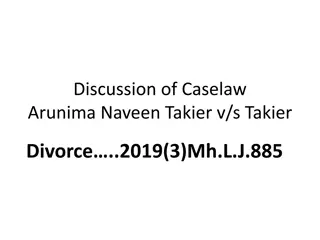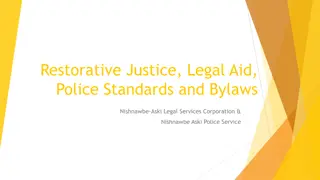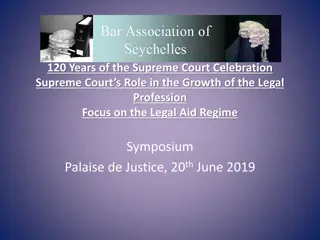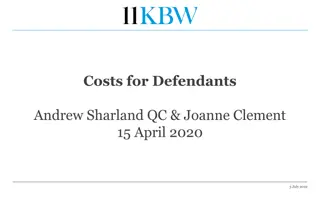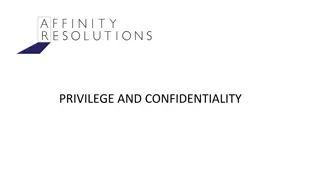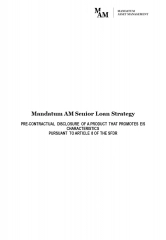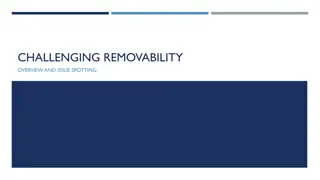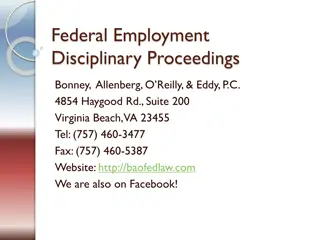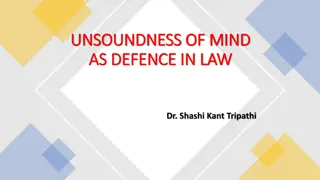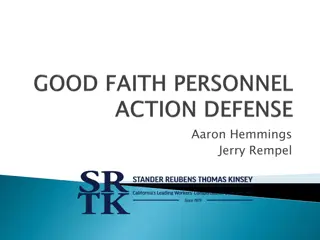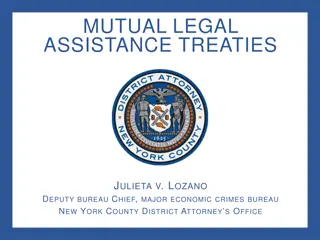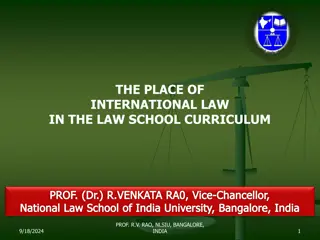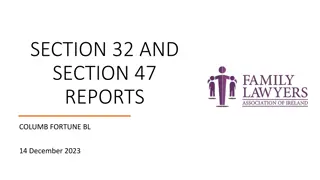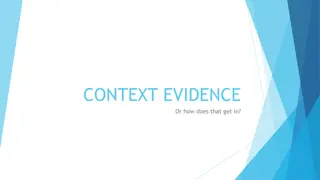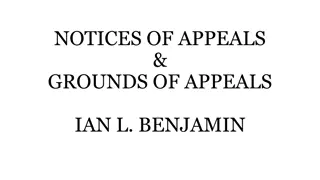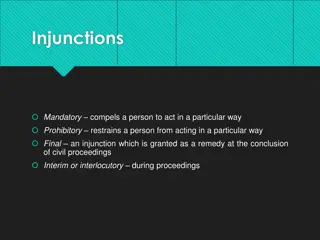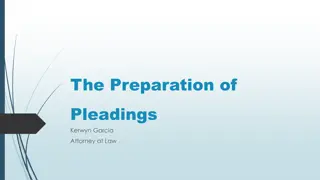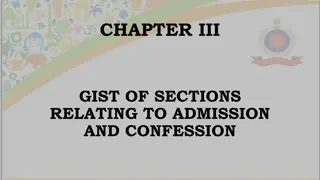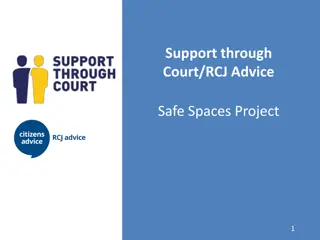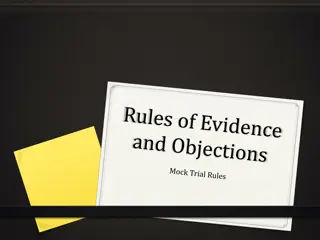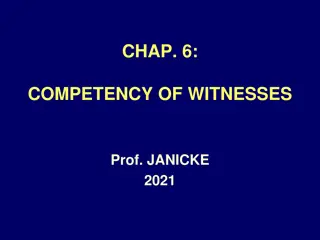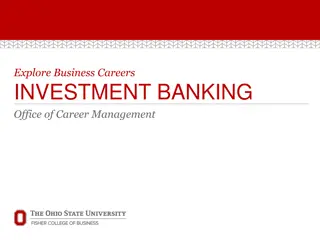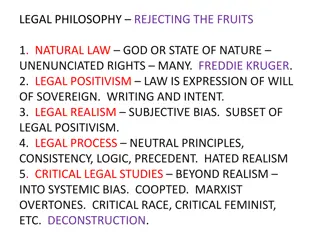Securing Adequate Legal Defense in International Investment Proceedings
Scoping study and interviews conducted to address capacity challenges, lessons learned, and models for an investment law assistance mechanism. Issues of policy-making, dispute management, ISDS case staffing, and more were explored in the study.
Download Presentation

Please find below an Image/Link to download the presentation.
The content on the website is provided AS IS for your information and personal use only. It may not be sold, licensed, or shared on other websites without obtaining consent from the author. Download presentation by click this link. If you encounter any issues during the download, it is possible that the publisher has removed the file from their server.
E N D
Presentation Transcript
Securing Adequate Legal Defense in Proceedings under International Investment Agreements BROOKE S. GUVEN COLUMBIA CENTER ON SUSTAINABLE INVESTMENT APRIL 21, 2020
Scoping Study Available On WGIII Website Working Paper 196 (Submission from the Governments of the Netherlands, Peru, and Thailand) Executive Summary will be available in all UN languages Full Scoping Study is available in English
Interviews Conducted for Scoping Study Government officials (of all World Bank Group economic development levels) Individuals who have experience establishing or working for existing or attempted Assistance Mechanisms Individuals who have experience working for arbitral institutions Academics who have written or advised states on international investment law Private practitioners Representatives of civil society organizations Representatives of private sector multinational investors
Issues Addressed in Scoping Study Capacity challenges: What kind of capacity are states seeking? Lessons learned: Previous attempts to establish an international investment law advisory center Models: What could an investment law assistance mechanism look like? Cross-cutting themes: Key issues that policy-makers should consider Investors: As assistance mechanism beneficiaries Annex A: Consultation protocol
Capacity Challenges Considered in Scoping Study Policy-making and Pre-dispute Management Dispute management Case Staffing Investment policy-making Anticipating and potentially resolving disputes Treaty negotiation Domestic implementation Appointing Arbitrators Dispute prevention Dealing with uncertainty and ambiguity Ongoing treaty management Working with experts Pre-dispute management Discovery and information management
ISDS Case Staffing Select capacity challenges How states address this issue How states wish to internally staff depends on frequency of ISDS claims Some states feel compelled to hire the best counsel because officials and the state need to defend that choice in case of loss Three models: Hybrid (internal staff; outside counsel) Some states do not have or choose not to allocate funds to top counsel In-house staff Outside counsel Research suggests that developing countries are more willing to settle even unmeritorious claims Few countries have a dedicated agency
Previous Efforts to Establish an IIL Advisory Center UNCTAD-IADB-OAS-VCC Key take-away: Union of South American Nations (UNASUR) Do not underestimate large (e.g. financing) or small (e.g. location) policy differences and objectives among states as unanticipated differences of opinion can halt or stall efforts, even when the finish line seems near Australia-New Zealand and Association of Southeast Asian Nations (ANZ-ASEAN)
Institutionalized, multi-service support including legal representation Advisory Center on WTO Law (ACWL) African Legal Support Facility (ALSF) Capacity Building Negotiation Support Policy Advice Legal Opinions Defense International Development Law Organization s Investment Support Program for Least-Developed Countries (ISP/LDCs)
ACWL Fees and costs for assistance in WTO disputes Hourly and maximum total charge to complainants and respondents in WTO panel proceedings
ACWL as a model? WTO and ISDS compared WTO and ISDS disputes have similarities, but also differences, e.g., as shown in this table: hourly and maximum total charges to complainants and respondents in WTO panel proceedings compared to ISDS proceedings
Institutionalized, multi-service support (no legal representation) International Organizations (UNCTAD, OECD, World Bank) Capacity Building Negotiation Support Policy Advice Arbitration Centers Academic institutions Non-profit organizations
Financial and In- Kind Support Permanent Court of Arbitration Trust Fund (available for ISDS claims before the PCA) Litigation/Arbitration Trust Funds Third-party Funding Contingent Fee Representation Trust funds used to support defense in other legal fields (e.g. International Criminal Court) Market mechanisms (third-party funding, insurance, contingency fees)
Pro-bono, ad hoc legal and expert support Other models described in the Scoping Study IDLO ISP/LDCs Intergovernmental Knowledge-Sharing Hubs Discrete Capacity-Building Networks International Organizations Arbitral Institutions Academic Centers Law Firms Legal Assistance and Resource Clearinghouse
Cross-cutting issues applicable to all models Quality, reliability, reputation, trust Funding and scope of services Costs who pays? Conflicts of interest and tensions Who benefits? Location, staffing, remuneration Long-term sustainability Institutionalized vs. Ad hoc Politics Intersection with other reforms
Considerations around investors as beneficiaries Nature and scope of concerns that an Assistance Mechanism is intended to address Challenges that investors face when investing abroad Options for addressing investor challenges Strong differences of opinion on whether investors should be included as beneficiaries
Thank you! Brooke S. Guven Columbia Center on Sustainable Investment Brooke.Guven@law.columbia.edu




